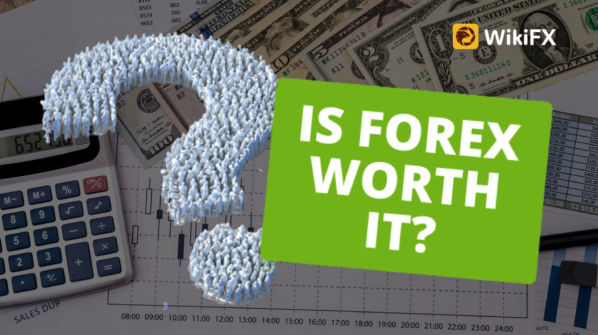
According to the World Bank, foreign exchange problems, high inflation, and budgetary constraints caused by fuel subsidies distort the advantages of a developing non-oil industry and high oil prices.
Nigeria's development prospects for the next three years have improved, owing mostly to a stronger non-oil recovery and higher global oil prices. Nigeria's macroeconomic framework, on the other hand, has deteriorated, leaving the country more exposed to global and internal shocks.
The World Bank revealed this in a report titled 'Nigeria Development Update (June 2022): The Continuing Urgency of Business Unusual.'
According to the World Bank, the deterioration of Nigeria's macroeconomic framework is mostly attributable to a lack of coordinated measures to lower inflation, handle budgetary constraints, and tighten exchange rate management.
What the World Bank has to say
According to the World Bank, rising oil prices caused by the Ukraine crisis would enhance Nigeria's economic development, but less than expected.
“As in other oil-producing countries, rising oil prices normally enhance Nigeria's fiscal and external situation, increasing exports and public expenditure,” according to the Bank. Furthermore, they benefit the non-oil sector, notably manufacturing and services, through income spillover effects. However, unlike past periods of high oil prices, Nigeria is not anticipated to completely capitalize on the windfall this time.
“This is because the benefit of increasing oil prices is countered by decreasing oil output, which was 1.5 million barrels per day (bpd) in May 2022, the lowest in 15 years.” The continued petrol subsidy offsets fiscal benefits.
According to the World Bank, Nigeria is in a paradoxical scenario in which growth prospects have improved yet the broader macroeconomic framework is worsening.
“Our updated forecasts for inflation, the budget deficit, and public debt imply a more fragile macroeconomic position in 2021 and the first half of 2022,” the Bank wrote, “which is further exacerbated by the rising premium between the official and parallel (black market) exchange rates.”
“The deterioration of Nigeria's macroeconomic framework is primarily attributable to the absence of coordinated actions to decrease inflation, resolve budgetary constraints, and tighten exchange rate management,” the Bank stated. As a result, inflation in 2022–2023 is predicted to be two percentage points higher than in our baseline scenario six months ago.
SOMETHING YOU SHOULD BE AWARE OF
· Nigeria's Gross Domestic Product (GDP) increased by 3.11 percent year on year in the first quarter of 2022. However, the Nigerian economy's oil sector dropped by 26.04 percent year on year in Q1 2022, a decrease of 23.83 percent points from the pace recorded in the same quarter in 2021.
· Nigeria's inflation rate increased to 17.71 percent, the highest in 11 months, from 16.82 percent in April 2022. Food inflation grew by 19.5 percent year on year in May 2022, marking a 1.13 percent point increase over the previous month's figure of 18.37 percent and a 2.78 percent reduction over the same time in 2021. (22.28 percent ).
· Nigeria's international trade increased to N13 trillion in the first quarter of 2022, up 11.1 percent from N11.7 trillion in the previous quarter and 65.4 percent from N7.86 trillion in Q1 2021. This is according to the National Bureau of Statistics' recently issued international trade report for the first quarter of 2022. (NBS).
· Total imports in Q1 2022 was N5.9 trillion, a 0.67 percent decrease from Q4 2021 (N5.94 trillion), but a 21.04 percent increase over the same time in 2021. (N4.88 trillion).
· Nigeria's export income in the first quarter of 2022 was N7.1 trillion, an increase of 23.1 percent and 137.9 percent over the first and fourth quarters of 2021, respectively.
· At the time of writing, the parallel market exchange rate is N607/$1, while the Investors and Exporters (I&E) window rate is N420.5/$1.



